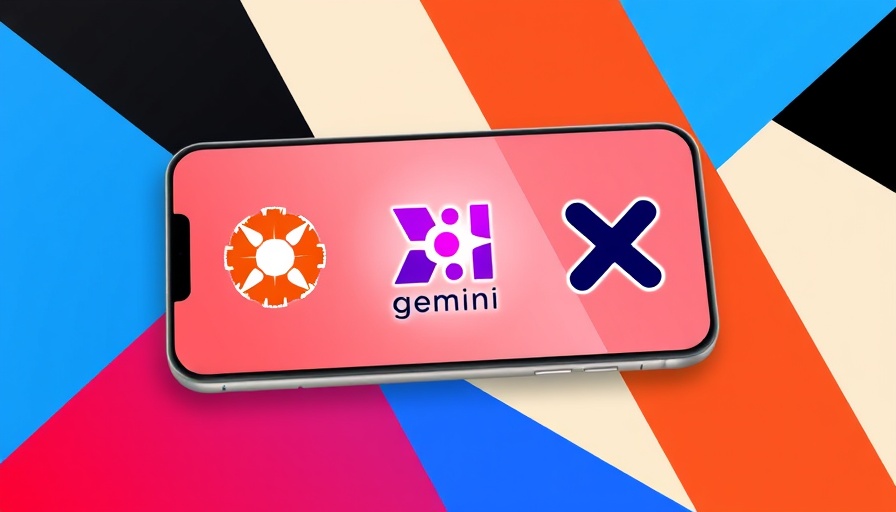
The Battle of the AIs: Comparing Claude, Gemini, and Grok
In the fast-paced world of artificial intelligence, competition is fierce. Recently, I had the opportunity to put three leading chatbot AIs — Claude, Gemini, and Grok — through a series of real-world tests to see how they stack up against one another. As the pressing question remains: which AI can truly claim the title of the most effective assistant?
A Deep Dive into Practical Applications
Our first prompt focused on reasoning and problem-solving skills. When tasked with creating an efficient evening schedule from a to-do list of cooking dinner, folding laundry, replying to emails, and writing an article, each AI demonstrated strengths. Claude provided a clear and logical timetable, while Grok integrated a helpful 10-minute buffer. Ultimately, it was Gemini that stood out, presenting not only a practical schedule but also explaining the rationale behind its time allocations considering energy management principles. This competitive edge hints at an important trend: AIs need to be effective multitaskers who understand not just the tasks but the human element behind them.
Staying Relevant in a Rapidly Changing Landscape
Next, we examined each AI's ability to deliver real-time knowledge. A prompt regarding the latest significant AI model updates revealed an interesting divergence in focus. Gemini highlighted the integration of its services into Google Chrome, a highly relevant innovation for many users. Claud’s response, while informative, felt less pertinent, focusing on developments in Apple Intelligence that seemed outdated. Grok provided an interesting yet niche update that lacked broader relevance. Here, Gemini’s ability to connect with current trends exemplifies the necessity for AI to remain timely and easily digestible for users.
Stylistic Adaptability: An Essential Trait
The third round tested writing style, requiring the AIs to draft a news blurb about OpenAI's latest ChatGPT update. Claude excelled with clear and accurate representations in both the style of The New York Times and BuzzFeed. This showcases an increasingly valuable feature for AIs: versatile style adaptation, allowing them to meet diverse audience expectations. Gemini, while having a strong showing, opted to focus on a different update, slightly diminishing its performance. Grok’s blurbs, although personable, lacked depth in the NYT rendition. This round once again highlights the importance of style adaptability in AIs for communications.
Lessons Learned and Future Trends
The evaluations throughout this comparative analysis not just highlight individual AI strengths; they also raise questions about what will define the future of AI interactions. As technology advances, users will increasingly demand AIs that are not just reactive but proactive, understanding not just how to respond to requests, but how to anticipate needs based on contextual awareness.
Conclusion: The Future of AI Competition
The face-off between Claude, Gemini, and Grok has illuminated the intense innovation active in the AI sector today. It appears that Gemini takes the lead, exhibiting a balanced approach that reflects a keen understanding of user needs and context. As these models continue to evolve, they will undoubtedly reshape how users engage with technology in their daily lives. Understanding this competitive landscape is not just beneficial; it's essential for anyone interested in the future of artificial intelligence.
Take Action!
Stay informed about emerging AI technologies to leverage their potential in your life. Keep an eye on the developments in models like Claude AI, and consider what the future holds for various industries!
 Add Row
Add Row  Add
Add 




Write A Comment